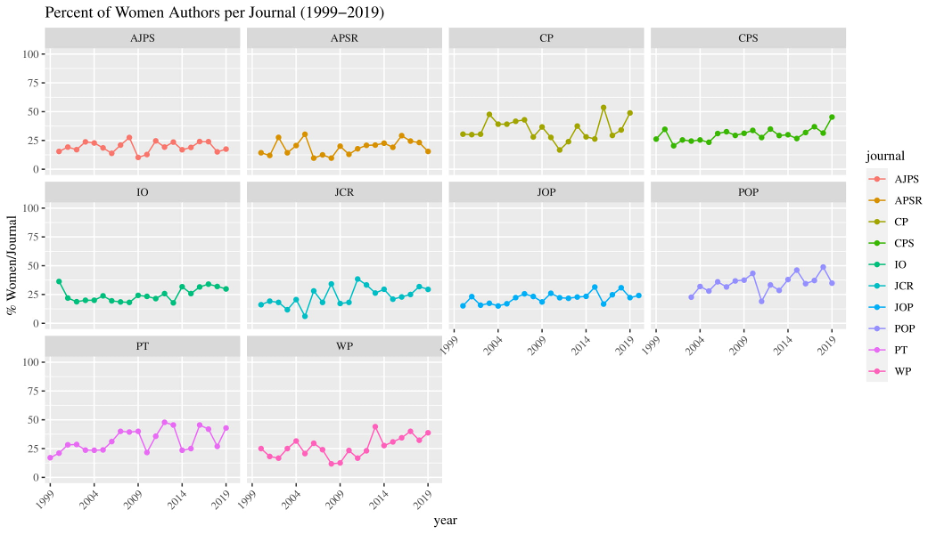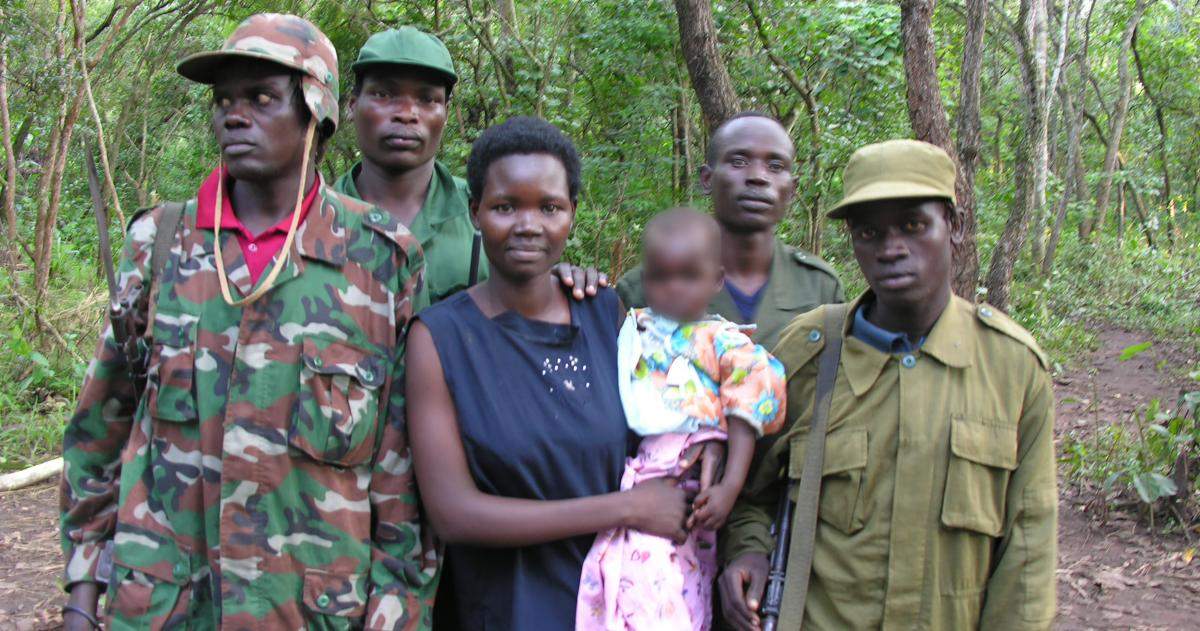Exercising feminist curiosity: how Ukraine women are involved in the conflict and how Putin’s nationalist fever dream is a patriarchal one.


Exercising feminist curiosity: how Ukraine women are involved in the conflict and how Putin’s nationalist fever dream is a patriarchal one.

This is a guest post from Laura Breen, a PhD student with research interests in international law, global governance, and emerging technology; Gaea Morales, a PhD student with research interests in...

This is a guest post from Phoebe Donnelly (@PhoebsG86), a Visiting Fellow at the Feinstein International Center at Tufts University and a Women and Public Policy Research Fellow at Harvard Kennedy...

This post, part of the Bridging the Gap channel, is written by Rosella Cappella Zielinski, an Assistant Professor of Political Science at Boston University and non-resident...
The following is a guest post by Dr. Jillienne Haglund, Assistant Professor of Political Science at the University of Kentucky. Dr. Haglund is a contributor to a forthcoming special issue in Conflict Management and Peace Science on gender and political violence. All of the articles in the special issue are now available on Online First and several are currently available to download for free. In her 2015 statement, the Special Representative of the UN Secretary-General on Sexual Violence in Conflict, Zainab Hawa Bungura noted that conflict-related sexual violence is “not about sex; it...
Sometimes when we look for a rallying call to join us as humans around a common cause or to show us our equal vulnerability, we say these trite sayings like “ Common-sense says that all men put their pants on one leg at a time.” This is supposed to reassure us that we are all equal in the most “animalistic” of ways (because you know, animals wear pants). Here is the problem and the reality though: I cannot buy jeans that are not skinny jeans... shocking. What does that mean for the one-leg mantra? Well… as a woman- and a woman living in a world that tells most women that they have to be...
This is a guest post from Anjali K. Dayal (Assistant Professor, Fordham University), Madison V. Schramm (PhD Candidate, Georgetown University), Alexandra M. Stark (PhD Candidate, Georgetown University) The gender citation gap in international relations is an important part of today’s disciplinary conversations about diversity: research indicates that scholarship by women is less cited in academic articles; less likely to be cited by men; less likely to appear on graduate course syllabi, especially in courses with male instructors; and less likely to appear in media reports about politics....
There’s a new article today on Inside Higher Ed that talks about recent research in the journal Research in Higher Education on discrepancies in faculty service loads. Not surprisingly, the article finds that “women faculty perform significantly more service than men.” I think this is known; it’s why a lot of women are counseled to just say “no” whenever possible. As the article states, women are just more likely to “take care of the academic family.” Groan. What is, perhaps, somewhat surprising are the differences in the types of service that women and men perform. Women are more likely...

In my previous post, I started a discussion about full-time contingent faculty in the profession. Given that contingent faculty work is very much gendered, I wanted to continue that discussion today with a focus on how the discipline at large can better serve the growing ranks of faculty working off the tenure track. Most of the data I presented in my last post came from the American Political Science Association (APSA) and examined the outcomes for job-seekers on the U.S. job market. As you may recall, one of the big takeaways was that early career scholars on the job market are now more...

Women in academia do not enjoy an easy ride. Even though “manel” count at this year’s ISA was much lower, there is still work to be done. Not to mention the recent scandal about the epidemic levels of sexual harassment at the UK universities. But let's rejoice at the thought that a mere hundred years ago things were much worse. My university campus in Bremen has a Lise-Meitner-Strasse and the International Women's Day is a good opportunity to share her story. In short, Hidden Figures needs to have a German prequel. Lise Meitner was born in 1878 into an upper-class Jewish family in Vienna...

Every day it seems we hear more about the advancements of artificial intelligence (AI), the amazing progress in robotics, and the need for greater technological improvements in defense to “offset” potential adversaries. When all three of these arguments get put together, there appears to be some sort of magic alchemy that results in widely fallacious, and I would say pernicious, claims about the future of war. Much of this has to do, ultimately, with a misunderstanding about the limitations of technology as well as an underestimation of human capacities. The prompt for this round of...

Ah, the spring semester: When the thoughts of many turn to the promise of summer, while the thoughts of panicked ABDs turn to the question of what they’re going to be doing beyond the end of this academic year. Right on schedule, the jobs boards are filling up with this year’s crop of “visiting” professor positions--inviting young (and not-so-young) ABDs and early-career faculty to gamble on a choice that will uproot their lives without any promise of permanent or even long-term employment. Having spent my early career off the tenure track, I wanted to take this opportunity to make a...